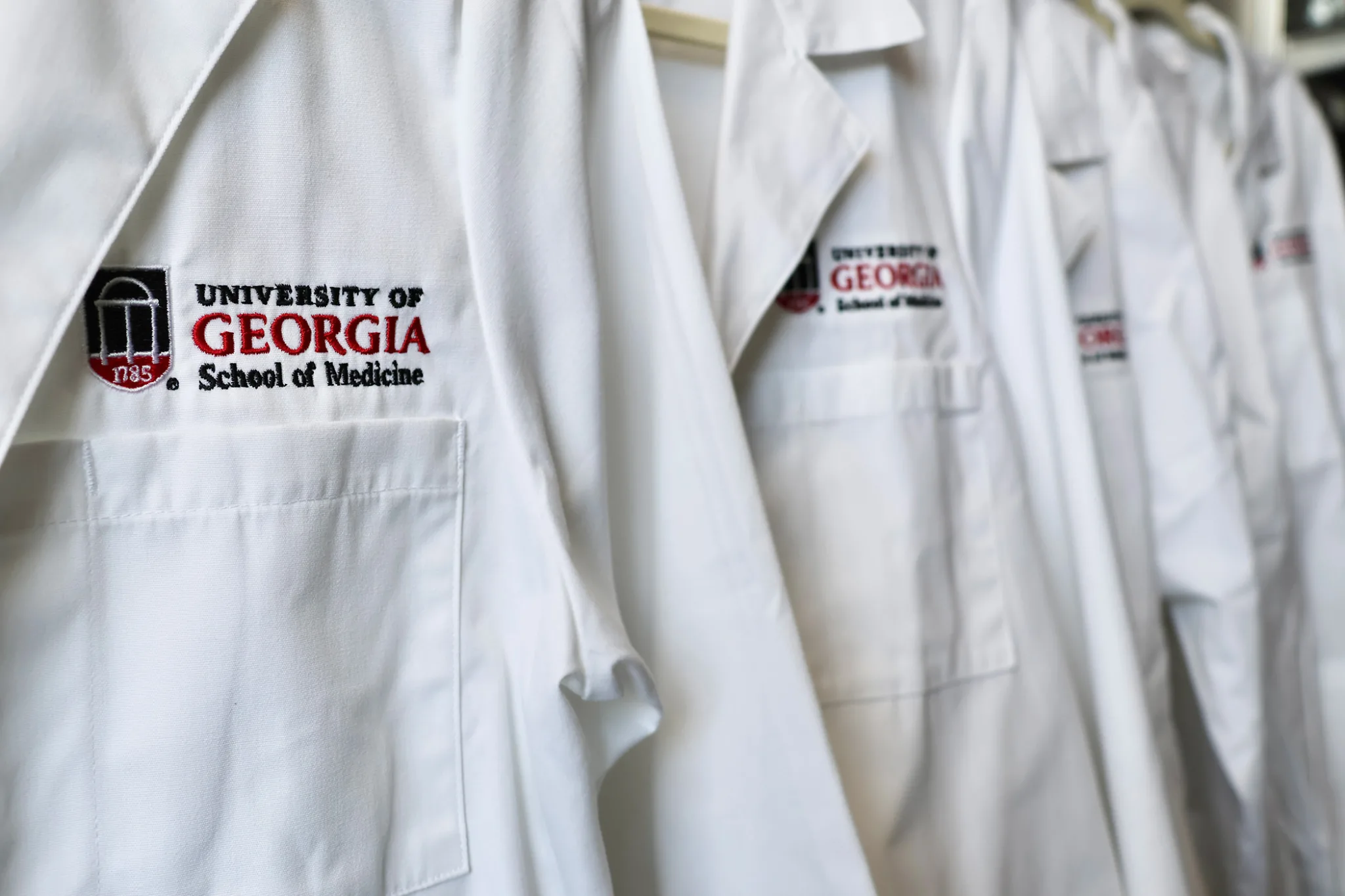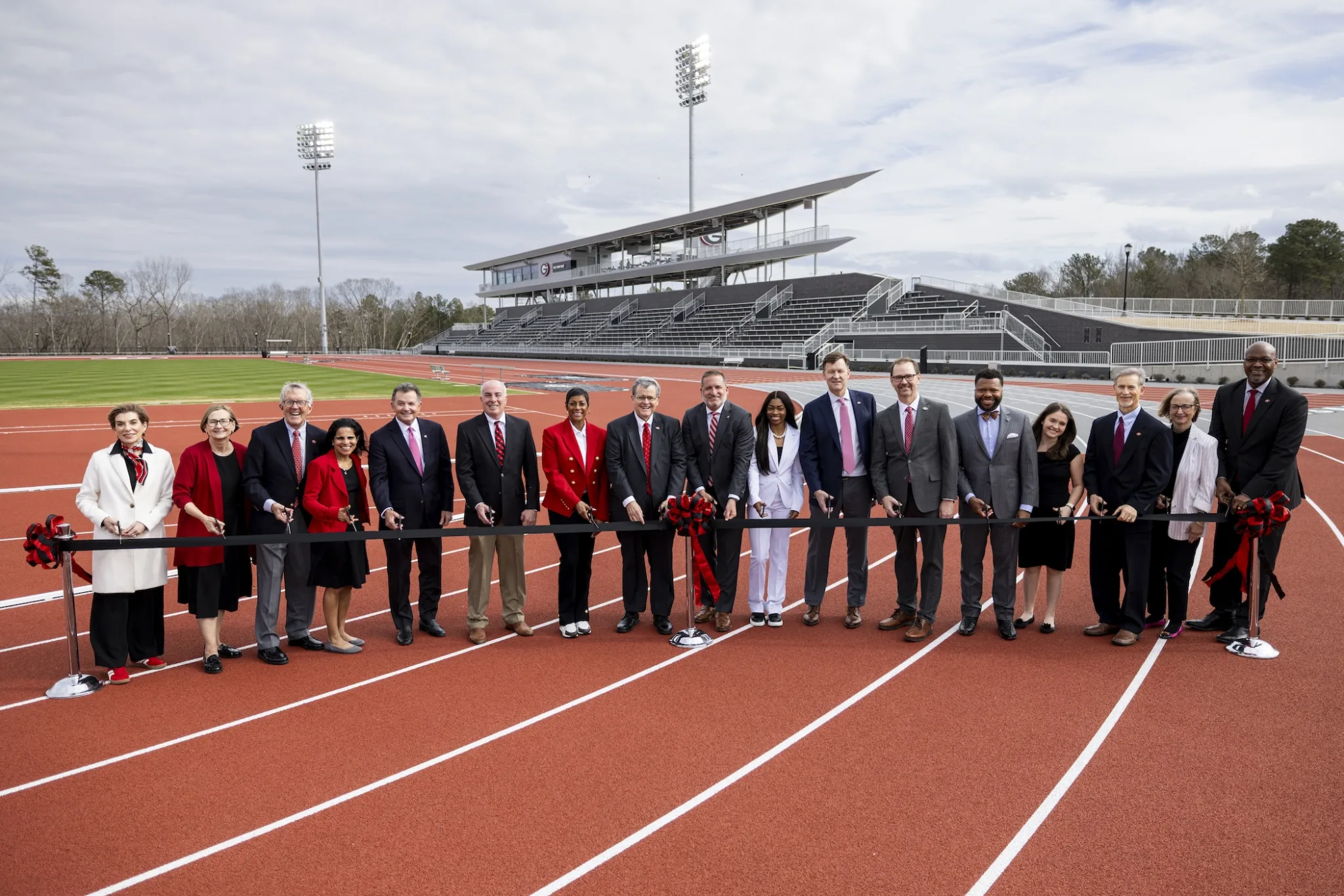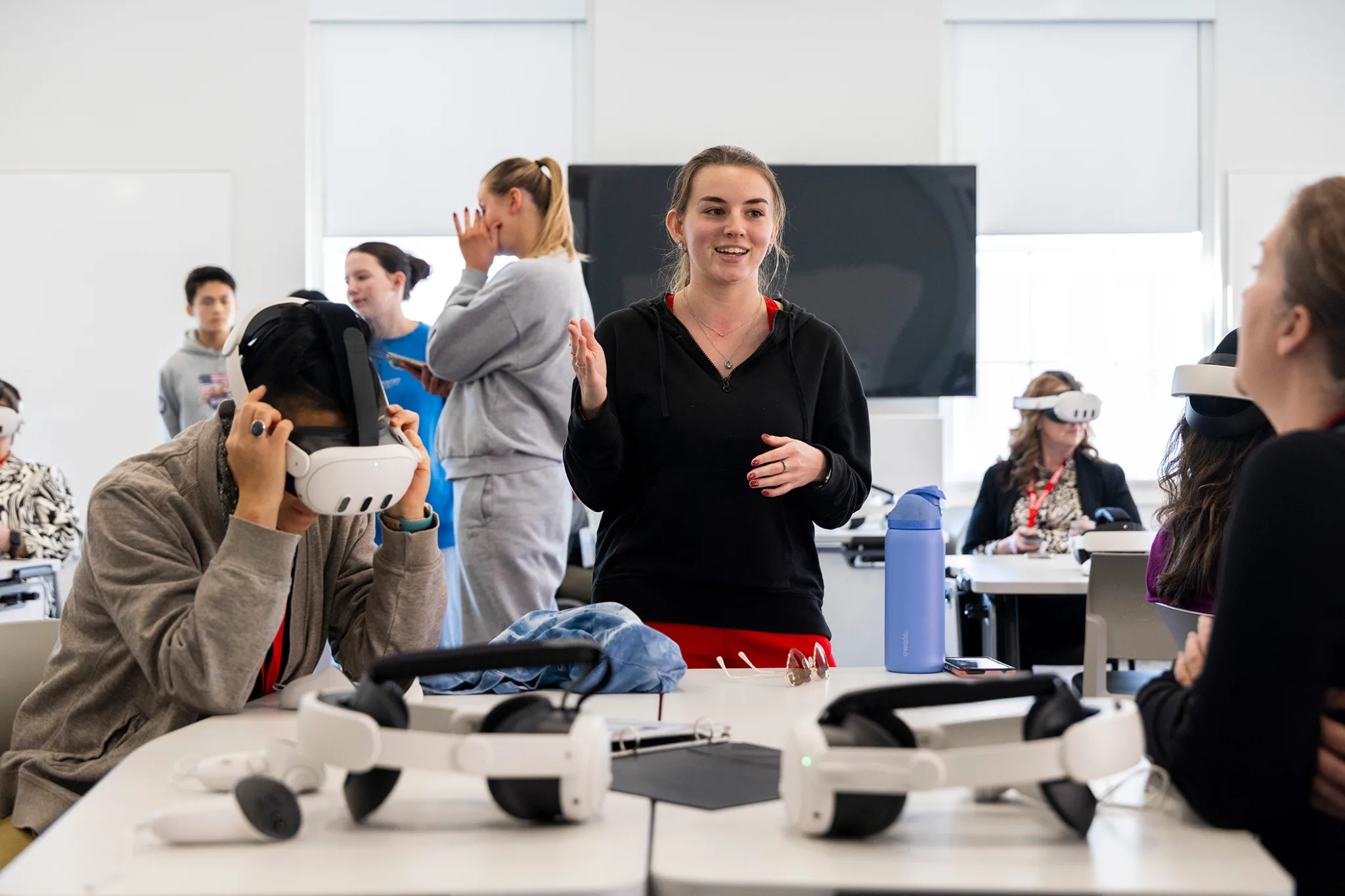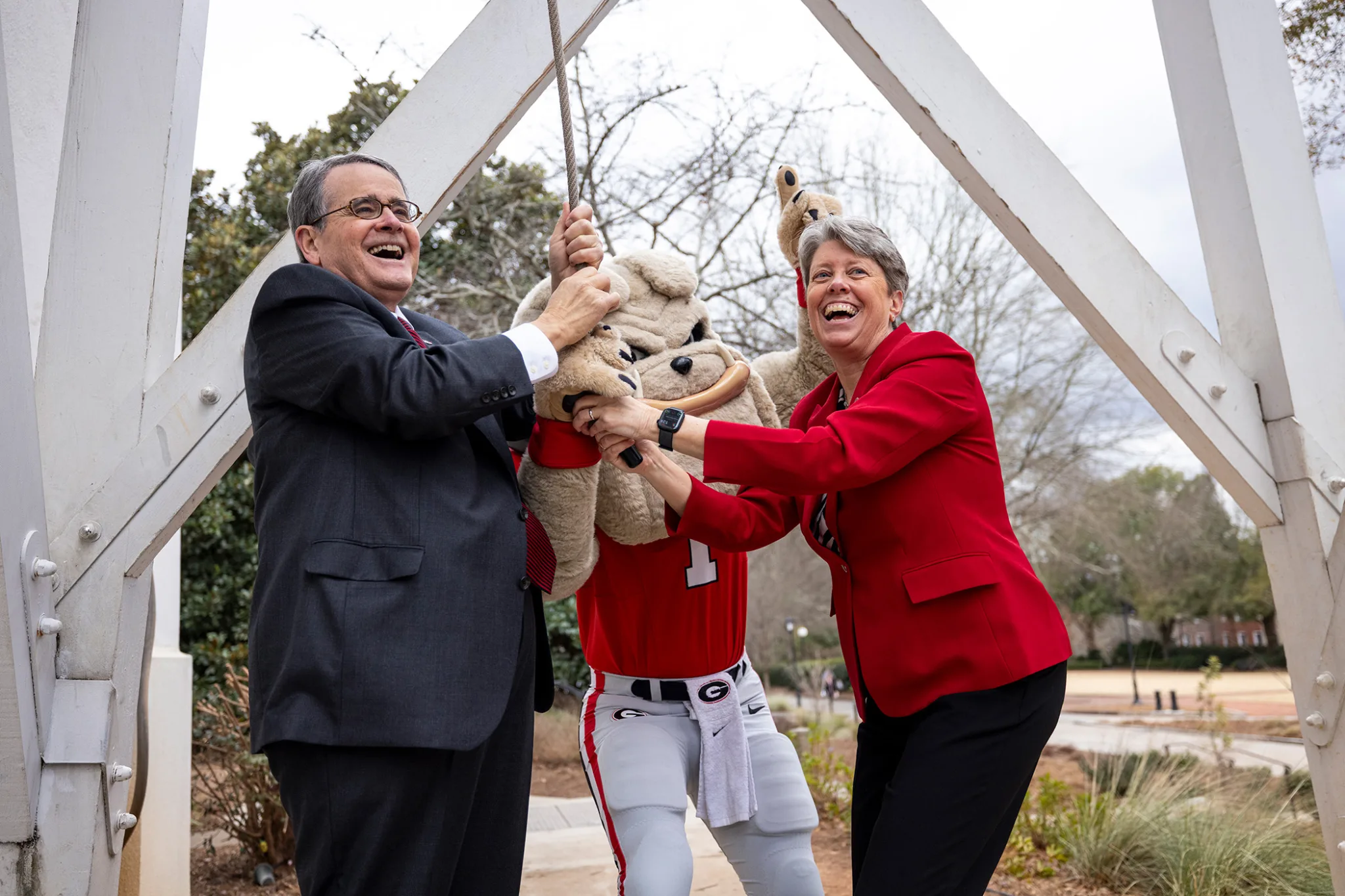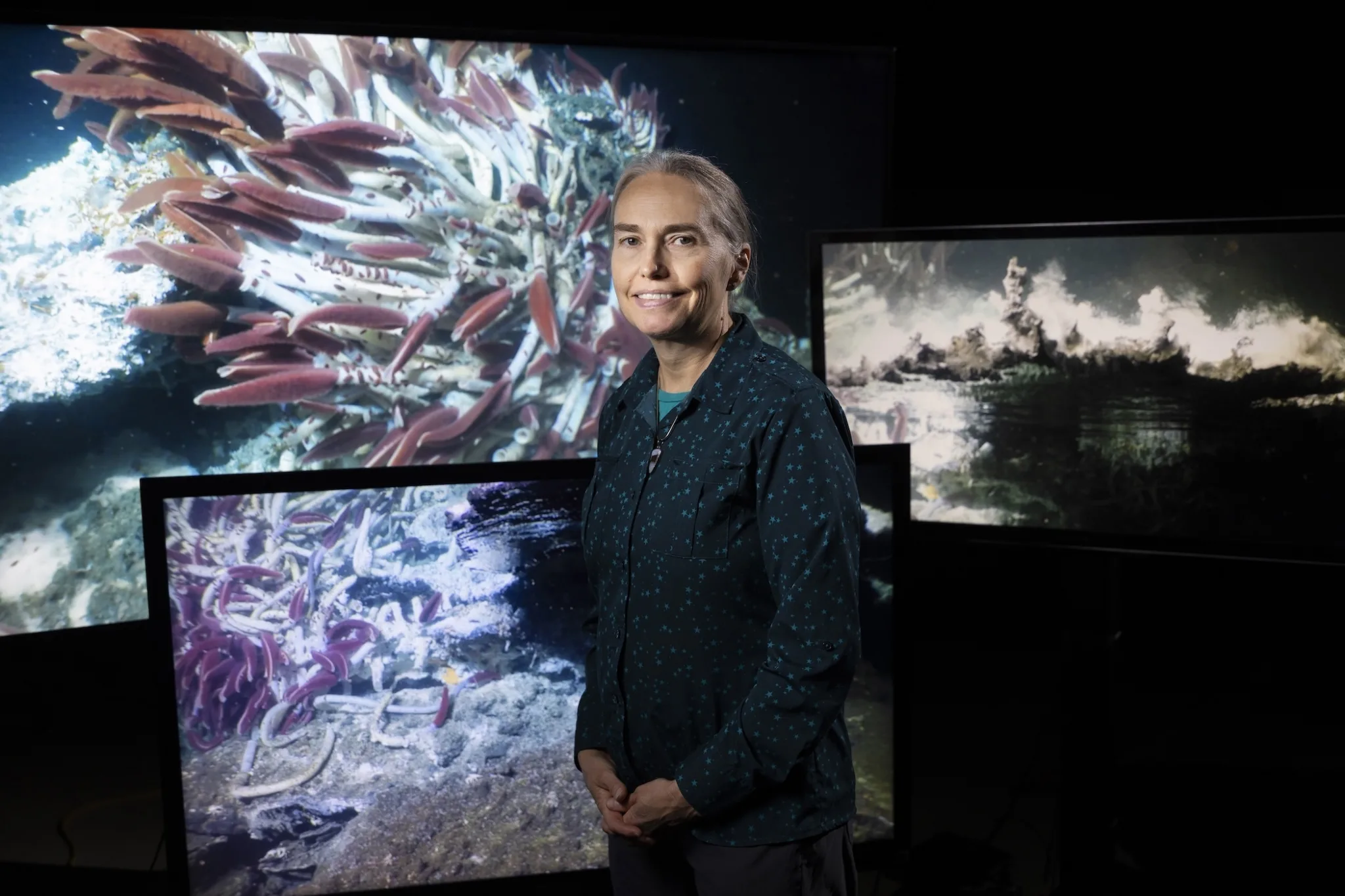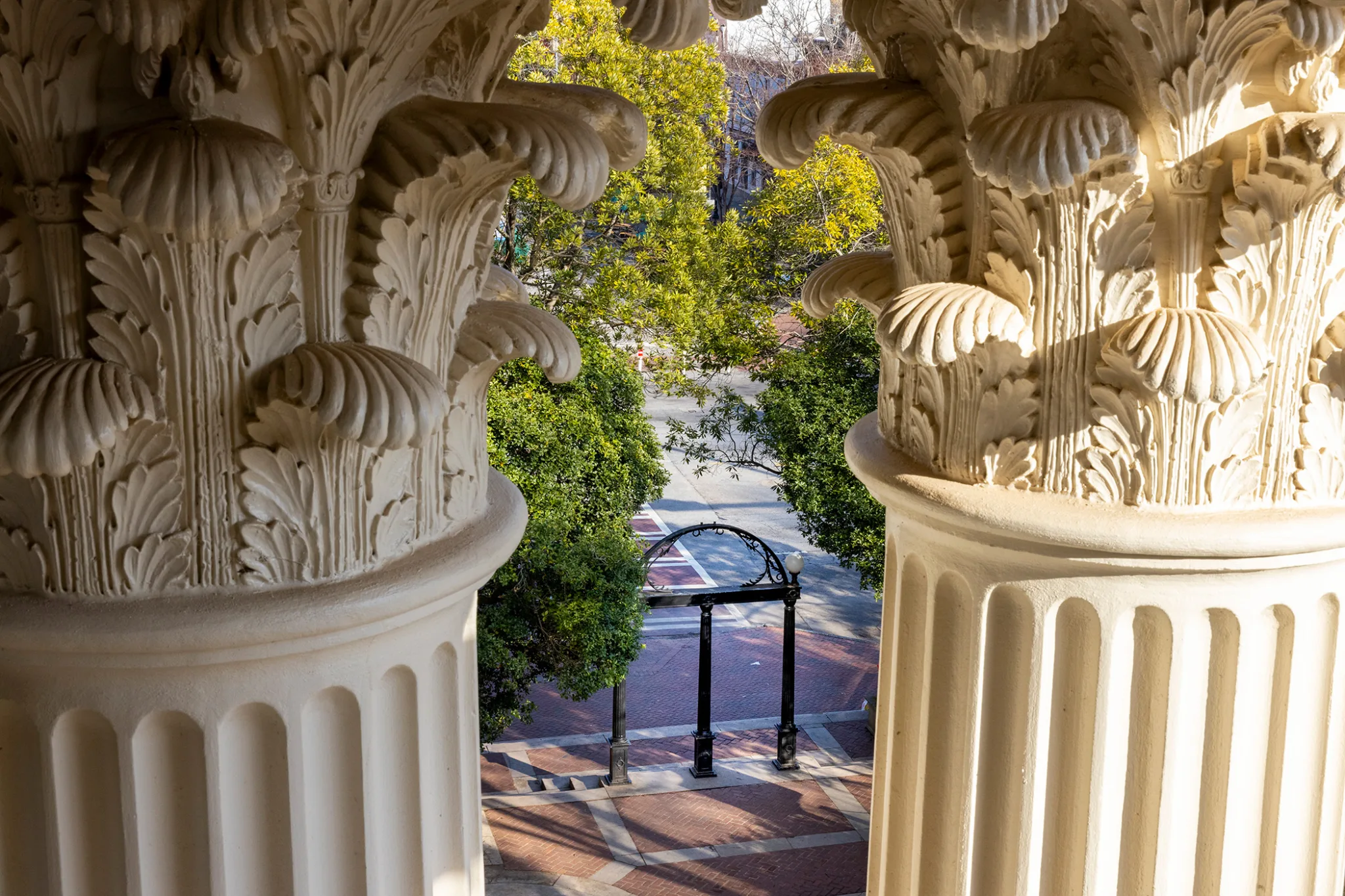Applications for the inaugural class of the University of Georgia School of Medicine are now open. Recruitment of the first class comes after the school received…
UGA dedicates new Track and Field Complex
February 18, 2026
Members of the University of Georgia and the UGA Athletic Association joined together on Wednesday to dedicate the new UGA Track and Field Complex on…
Fourth annual Active Learning Summit grows in reach and impact
February 17, 2026
With 429 participants, this year’s Active Learning Summit continued to demonstrate its strong foundation at the University of Georgia and its growing national reach. Held…
UGA School of Medicine granted preliminary accreditation
February 13, 2026
The Liaison Committee on Medical Education granted the University of Georgia preliminary accreditation on Feb. 13. This designation allows the university to recruit and admit…
UGA marine researcher Samantha Joye named to National Academy of Engineering
February 12, 2026
Internationally recognized University of Georgia marine scientist Samantha Joye has been elected to the National Academy of Engineering, one of the highest professional distinctions for…
KBH Industrial repeats as fastest-growing UGA business
February 11, 2026
The University of Georgia recognized the fastest-growing companies owned or led by UGA alumni during the Bulldog 100 Celebration on Feb. 7 in the West End…
UGA awards seed grants to propel interdisciplinary AI research
February 6, 2026
The University of Georgia’s Institute for Artificial Intelligence has awarded seed grants to eight university-wide research projects designed to advance interdisciplinary AI research. The grants, which…
UGA’s record impact helps power Georgia’s economy
February 5, 2026
Fueled by a booming research ecosystem and expansive public service initiatives, the University of Georgia generated a record $9.2 billion economic impact on its home…
UGA named 2026 top producer of Fulbright students
February 4, 2026
Eleven University of Georgia students received Fulbright offers for the 2025-2026 academic year, placing UGA among the top producing institutions for Fulbright U.S. students for…
Bauerle, Sweaney receive the 2026 President’s Medal
January 29, 2026
The University of Georgia bestowed one of its highest honors on Jack Bauerle, retired Tom Cousins Swimming and Diving Head Coach, and Anne L. Sweaney,…

